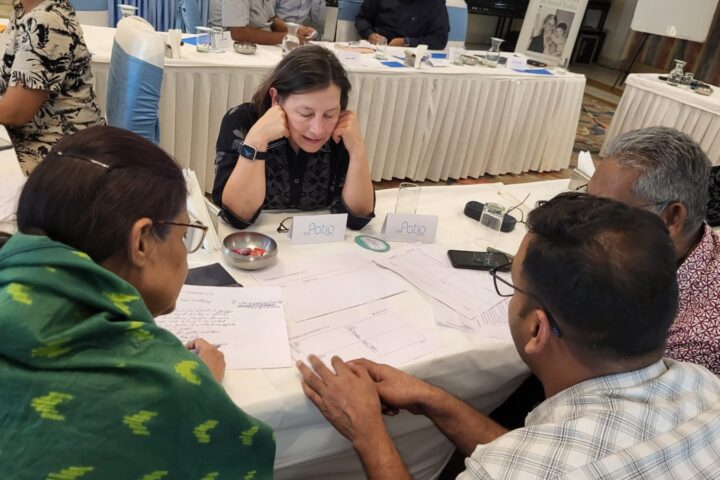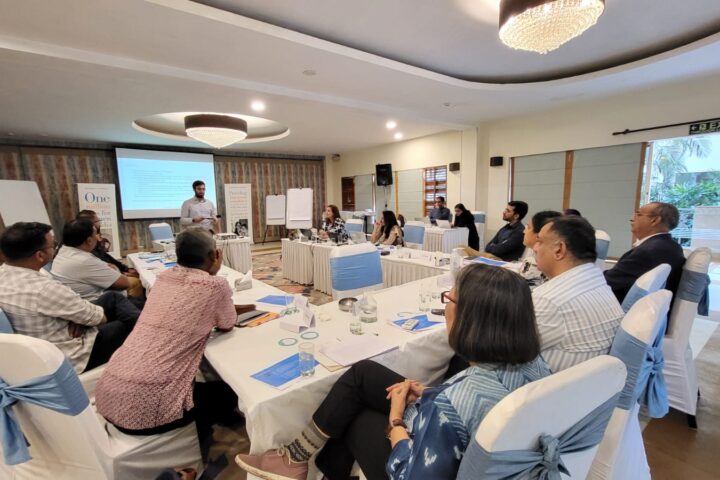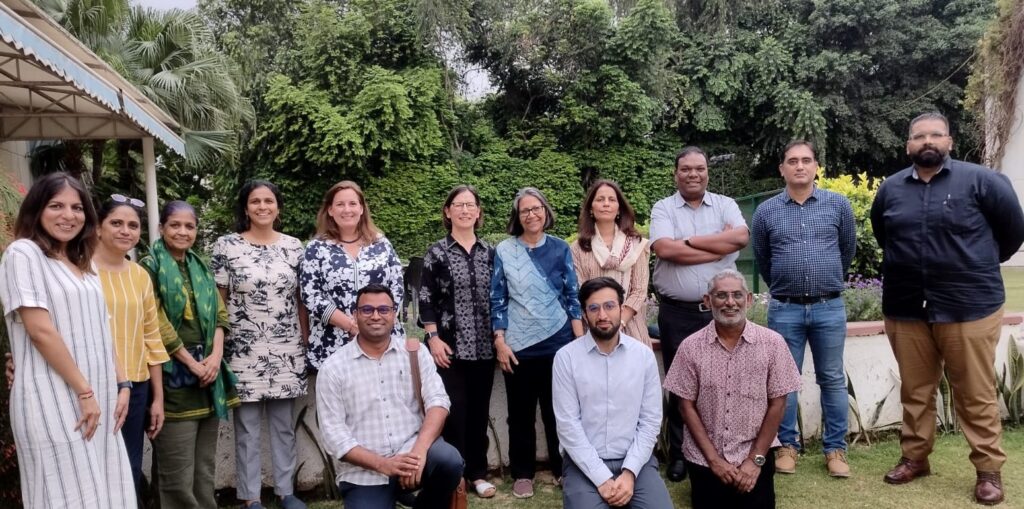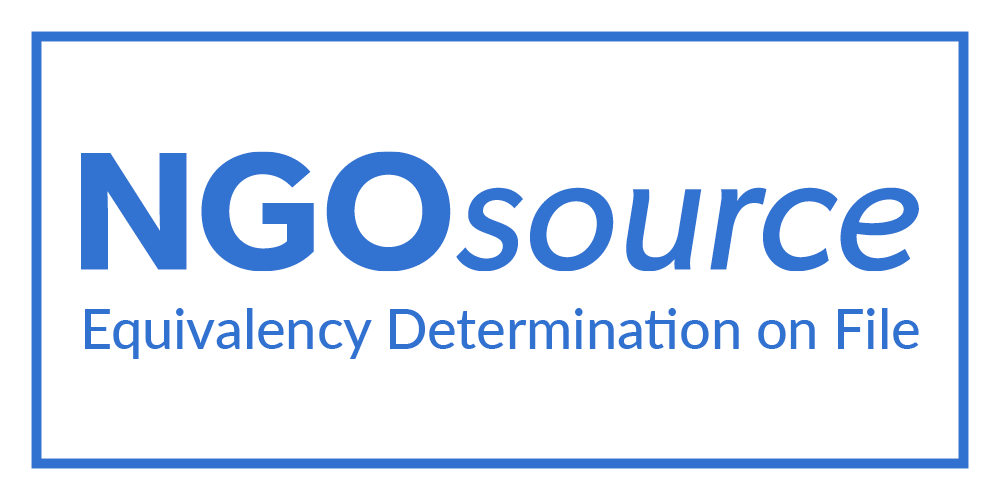Women on Wings strategy and transformation expert Rosalie van Ruler Thaker shares thoughts on a social enterprise being scalable. Rosalie supports social enterprises in understanding the difference between being a scalable organization and a successful scale-up.
She wants founders to think crucially about installing a CEO or becoming one in order to make scaling happen and create more jobs for women living in rural India .
What is a key question you want to tackle with founders?
Rosalie: Well, to start with: ‘Am I the right person to be the CEO?’ There is a difference between a Founder and a CEO. Founders have to ask themselves: ‘At what point in my company’s journey do I take a step back and hire a CEO? What, if anything, is my role as the Founder? Am I there to be the creative mind? Or should I not be there anymore? Should I be starting a new company instead?’
It’s a very personal journey. They should be deliberate about this. Of course, this isn’t brand new information for Founders. They normally just don’t have time to think about it. Some run their organizations for over ten years and plateau at a low scale.
What elements need to be in place to call a social enterprise scalable?
Rosalie: After getting clarity on a Founder becoming a CEO or if one will be hired, Founders have to ask themselves: ‘Do I have everything in place to scale? Can we push through that growth plateau? Are we actually scalable?’
One model we use is from ScaleUpNation that says, to call your organization scalable you need four things: great business, a competitive edge, delighted customers and rapid development.
We then discuss more mechanical yet strategic topics like the types of processes and rhythms needed to create success.

What theme emerges most in your consulting with social entrepreneurs?
Rosalie: One topic social entrepreneurs really struggle with is finding capital*. If you want to grow your company you need a strong commercial officer and you need strong lieutenants in the organization. You can’t lift this on your own.
You need money to pay them a good salary. Many social businesses are so small that they can’t attract serious capital. They can’t grow because they can’t hire people to help the business grow. Some are tapping into investment opportunities that are out there.
But outside investments place a lot of burdens on a company, especially when the investor wants to see speed, reporting, the talent / people strategy and how robustly and competently it will evolve over time. That brings a whole other level of complexity that they are not ready for yet.
The role of capital in your growth and the chicken and egg between the two is the red thread throughout. Women on Wings experts sometimes give workshops on investment readiness, preparing a founder for pitching when there is the need.

Tell us about the recent Women on Wings CEO Summit you facilitated
Rosalie: I facilitated a CEO Summit in Delhi with Women on Wings’ Co-Founder Ellen Tacoma and Director of Social Enterprises Supriya Kapoor for a select group of Women on Wings social enterprise founders at a turning point to push their organizations through hurdles to scaling. To warm up the group, Khitish Pandya, Founder and CEO of Eco Tasar presented his personal experience about growth. The summit format was several blocks of theory, reading and some videos. Then, the founders carried out exercises in groups or on their own. And we debriefed with the outcomes.
The founders were super open, there was a lot of trust in the room, There was a bit of a fun quarrel, ‘I want to share now, he already went.’ The issues shared resonated between participants and they would say, ‘I had that issue too and I dealt with it like this.’ It worked really well.
*In our follow-up August summit we explored the concept of a business beat, the relevance of building this rhythm and concentrated energy in a scale-up.
A Women on Wings expert since 2013, Rosalie pictured above (fifth from the left) coaches early-stage startups for McKinsey & Company management consulting. She helps companies improve their execution and operations when they are underperforming.




